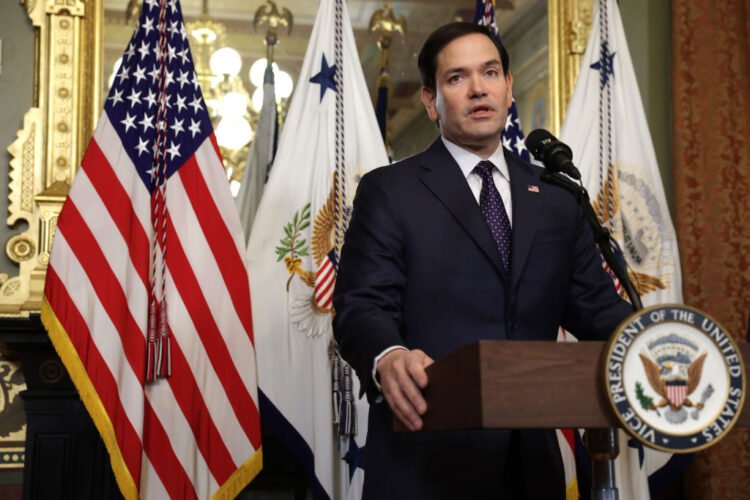The U.S. State Department has ordered an immediate freeze on almost all foreign aid programs globally, following a sweeping executive order signed by President Donald Trump on Monday. The order suspends such assistance for a period of 90 days.
In a cable sent to U.S. diplomatic missions on Friday, Secretary of State Marco Rubio outlined the directive, which could impact billions of dollars in funding allocated through the State Department and the U.S. Agency for International Development (USAID).
Foreign aid has long been a point of contention among Republicans in Congress and within the Trump administration, despite making up only a small portion of the overall U.S. budget. The broad scope of this directive has left humanitarian organizations deeply concerned.
According to the cable, all ongoing foreign aid projects must be halted immediately, and new funding is to be suspended. Over the next month, the administration will develop criteria to assess whether aid programs align with President Trump’s foreign policy objectives.
“Decisions regarding the continuation, modification, or termination of these programs will be made following the completion of this review,” the cable states, adding that the process should be finalized within 85 days.
The order does make exceptions for emergency food assistance and foreign military aid to Israel and Egypt. However, it does not specify the status of funding for other key recipients, such as Ukraine and Taiwan.
A humanitarian official described the aid freeze as “extremely disruptive,” emphasizing that the scale and suddenness of the directive are “as bad as it gets.”
Another official expressed surprise at the sweeping nature of the suspension, noting that while some reductions or adjustments were anticipated, the complete and immediate halt was unexpected. They warned that the freeze could have severe consequences, given the pressing humanitarian needs worldwide, and pointed out that the U.S., as the world’s largest humanitarian donor, plays a critical role in global aid efforts.
In the executive order, President Trump argued that the U.S. foreign aid system does not align with national interests and, in many cases, contradicts American values.
However, critics argue that certain aid programs, such as those related to global health, serve critical U.S. interests and have historically received bipartisan support.
“Preventing pandemics and ensuring global stability are in America’s best interest,” one official noted.

 English
English



























































